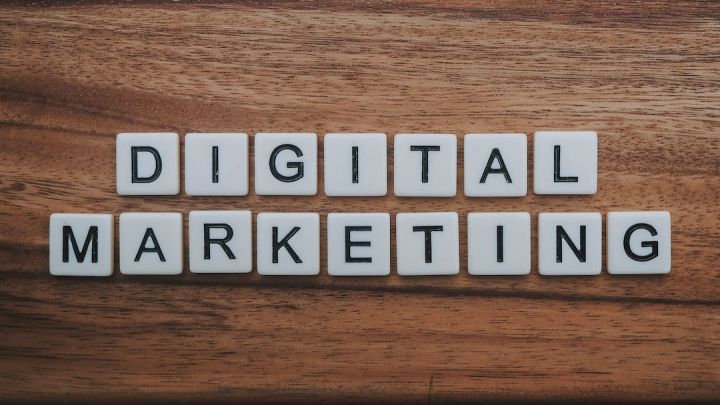Is Augmented Reality the Future of Digital Marketing?
Digital marketing continues to evolve at a rapid pace, with new technologies constantly emerging to enhance the way brands connect with their target audiences. One such technology that is gaining significant attention is augmented reality (AR). Augmented reality overlays digital content onto the real world, creating an immersive and interactive experience for users. With its ability to blend the physical and digital realms seamlessly, many experts believe that augmented reality is the future of digital marketing. In this article, we will explore the potential of augmented reality in revolutionizing the way brands engage with consumers.
Enhancing the Customer Experience
One of the key advantages of augmented reality in digital marketing lies in its ability to enhance the customer experience. By enabling users to interact with a brand’s products or services in a virtual environment, augmented reality creates a more engaging and memorable experience. For example, furniture retailers can use AR to allow customers to visualize how a piece of furniture would look in their own homes before making a purchase. This not only improves customer satisfaction but also reduces the likelihood of returns, leading to increased brand loyalty and higher sales conversion rates.
Driving Social Media Engagement
In today’s digital age, social media plays a crucial role in a brand’s marketing strategy. Augmented reality has the potential to take social media engagement to a whole new level. Social media platforms such as Snapchat and Instagram have already embraced AR filters, allowing users to overlay digital objects onto their photos and videos. This has proven to be immensely popular, with millions of users sharing AR-enhanced content daily. Brands can leverage this trend by creating their own AR filters that align with their brand identity, increasing brand awareness and driving user-generated content.
Personalized Marketing Experiences
Personalization is a key factor in successful marketing campaigns, and augmented reality can take personalization to the next level. By using AR technology, brands can deliver personalized marketing experiences tailored to individual users. For example, a cosmetic brand can develop an AR app that scans a user’s face and recommends products based on their skin tone and preferences. This level of personalization not only creates a more meaningful connection between the brand and the consumer but also increases the likelihood of conversion and long-term customer loyalty.
Creating Interactive Advertising Campaigns
Traditional advertising methods are often passive, with the audience being mere spectators. Augmented reality, on the other hand, allows brands to create interactive advertising campaigns that actively engage the audience. For instance, a clothing brand could develop an AR app that allows users to virtually try on clothes and accessories, providing an immersive and interactive shopping experience. By making the advertising process fun and interactive, brands can capture the attention of their target audience and leave a lasting impression.
Conclusion: The Future of Digital Marketing
As technology continues to advance, augmented reality is poised to become an integral part of the digital marketing landscape. Its ability to enhance the customer experience, drive social media engagement, enable personalized marketing experiences, and create interactive advertising campaigns makes it a powerful tool for brands to connect with their target audiences. By embracing augmented reality, brands can stay ahead of the curve and deliver innovative and immersive experiences that resonate with consumers in a rapidly evolving digital world. Augmented reality is indeed the future of digital marketing.






